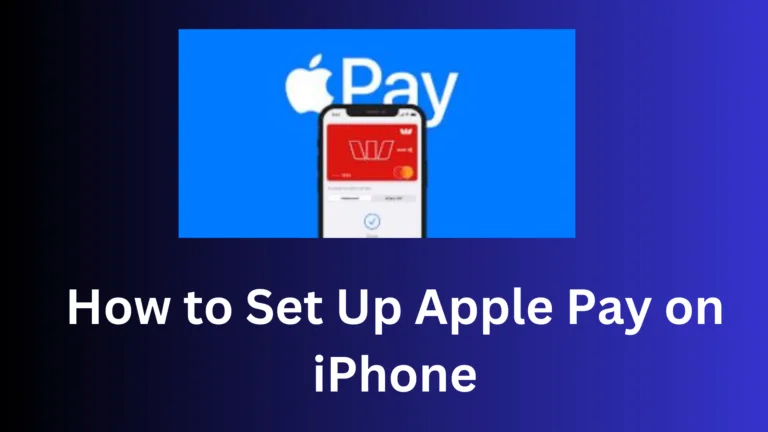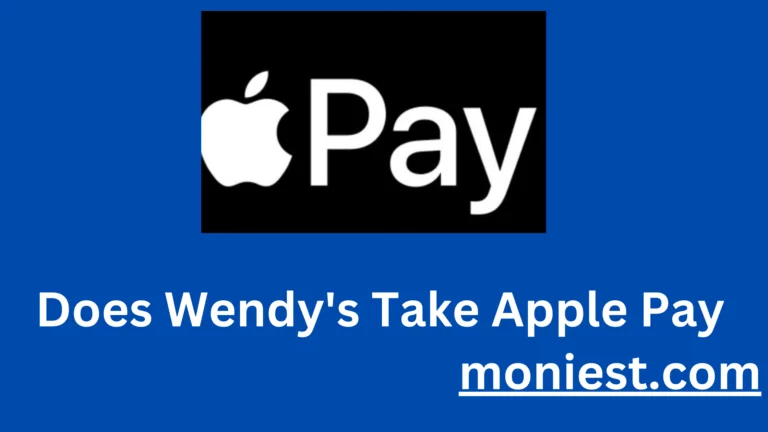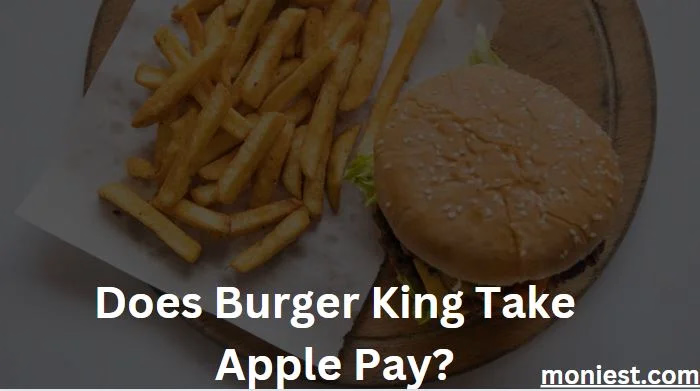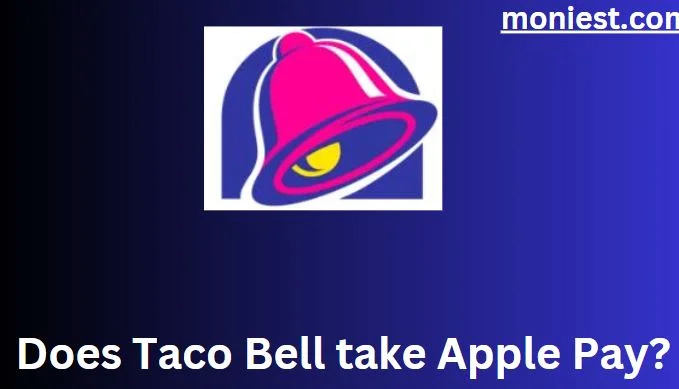Is Cash App a Checking Account or a Savings Account?
In a world where financial technology is evolving astonishingly, it’s no surprise that many people are left wondering about the nature of their digital financial tools. Among these, Cash App is a popular choice for handling everyday transactions and managing money.
Many users wonder if Cash App a Checking Account or a Savings Account. This comprehensive article will discuss whether Cash App is a Checking Account or a Savings Account.
Is Cash App a Checking Account or Savings Account?’
Cash App is primarily a peer-to-peer payment service, but it can also act as both a checking and savings account.
Checking Account Features
- Direct deposit: Cash App users can set up direct deposit to receive their paycheck, tax returns, and other deposits directly into their Cash App balance.
- Account and routing numbers: Cash App users can access their account and routing numbers, which can be used to deposit paychecks, pay bills, and set up automatic deposits.
- Cash App Card: Cash App users can order a Cash App Card, which is a physical debit card that can be used to make purchases and withdraw cash from ATMs.
Savings Account Features
- Cash App Savings: Cash App Savings is a high-yield savings account that allows users to earn interest on their Cash App balance. Interest is compounded daily and paid out weekly.
- Fractional shares investing: Cash App Investing, a subsidiary of Cash App, offers fractional shares investing, allowing users to invest in stocks and ETFs with as little as $1.
Is Cash App Linked to a Checking Account?
Yes, Cash App can be linked to a checking account. This allows you to add money to your Cash App balance from your checking account and transfer money from Cash App to your checking account.
To link your checking account to Cash App, open the Cash App app and tap on the Banking tab. Then, tap on Link Bank and follow the prompts.
Once your checking account is linked to Cash App, you can add funds to your Cash App balance by tapping the + button in the bottom right corner of the Banking tab and selecting Add Cash. You can also send money from Cash App to your checking account by tapping the Cash Out button in the top right corner of the Banking tab and selecting Cash Out to Bank.
It is important to note that Cash App may charge fees for particular transactions, such as linking your checking account and transferring money from Cash App to your checking account.
Benefits of Linking Your Checking Account to Cash App
- You can effortlessly transfer funds from your checking account to top up your Cash App balance.
- You can transfer funds from Cash App to your checking account quickly and easily.
- You can utilize your Cash App balance to pay bills and merchants, even if you don’t have enough money in your Cash App balance.
Is Cash App a Bank Account?
While Cash App offers many of the same features as a traditional bank account, it is not technically a bank. Cash App does not have a banking license, and it does not hold your money directly. Instead, a bank partner saves your money in a trust account.
Cash App does not offer the same features and benefits as a traditional bank account.
What Type of Account Does Cash App Use?
Cash App uses a type of account called a prepaid debit account. This means that your money is held in a trust account by a bank partner, and you are issued a debit card that you can use to access your funds.
Prepaid debit accounts differ from traditional checking and savings accounts in a few ways:
- You cannot earn interest on your balance.
- You may be charged fees for particular transactions, like to the same time to the same time to transferring money to a bank account or using an ATM.
- You may not have access to the same features and advantages as a traditional bank account, such as checks and overdraft protection.
However, prepaid debit accounts offer some advantages, such as:
- They are easy to open and use. You don’t need a bank account or undergo a credit check to establish a prepaid debit account.
- They are a good option for people with difficulty managing their money. Prepaid debit accounts can help you budget your money and avoid overspending.
- They are a good option for individuals who lack access to a traditional bank account.
What Kind of Bank is Cash App Considered?
Cash App is not a bank. It is a financial technology company that provides financial services through partner banks. Cash App users’ money is held in FDIC-insured trust accounts at Sutton Bank and Lincoln Savings Bank.
Cash App offers a variety of financial services, including:
- Sending and receiving money for free
- Depositing checks
- Paying bills
- Investing in stocks and Bitcoin
- Getting a Cash Card debit card
Cash App is a convenient and affordable way to manage your money, but it is important to remember that it is not a bank. This implies that you might not enjoy the same features and advantages a typical bank account offers, such as checks and overdraft protection.
Is Cash App Checking or Savings at an ATM?
Cash App is neither checking nor savings at an ATM. Cash App is a prepaid debit account, meaning that a bank partner holds your money in a trust account. You can make use of your Cash Card to withdraw money from an ATM but may be charged a fee.
When you use your Cash Card at an ATM, you will be prompted to select either checking or savings. However, this selection does not affect how your money is held with Cash App. Cash App does not offer checking or savings accounts, so your money is always in a prepaid debit account.
Can Cash App be Used as a Savings Account?
Cash App can be used as a savings account in some ways, but it is not a traditional savings account. Cash App does not offer a separate savings account, but you can set aside money as savings in your Cash App balance.
To save money in Cash App, keep it in your Cash App balance and not spend it. You can also set a goal in the Cash App app to help you save for a specific purpose.
Cash App does not offer interest on your savings balance, but it is a convenient way to save money because you can access it anytime.
Conclusion
Cash App is not precisely a checking account or a savings account. It’s more like a handy financial tool that can do many things with your money. It can act like a checking account for everyday spending, offer a savings option to help you save and earn more, and even let you explore investing and trading to grow your money.
Cash App is all about giving you choices and flexibility with your finances. So, whether you use it as a checking account, savings account, or for investing, it’s here to help you manage your money in the way that suits you best.



